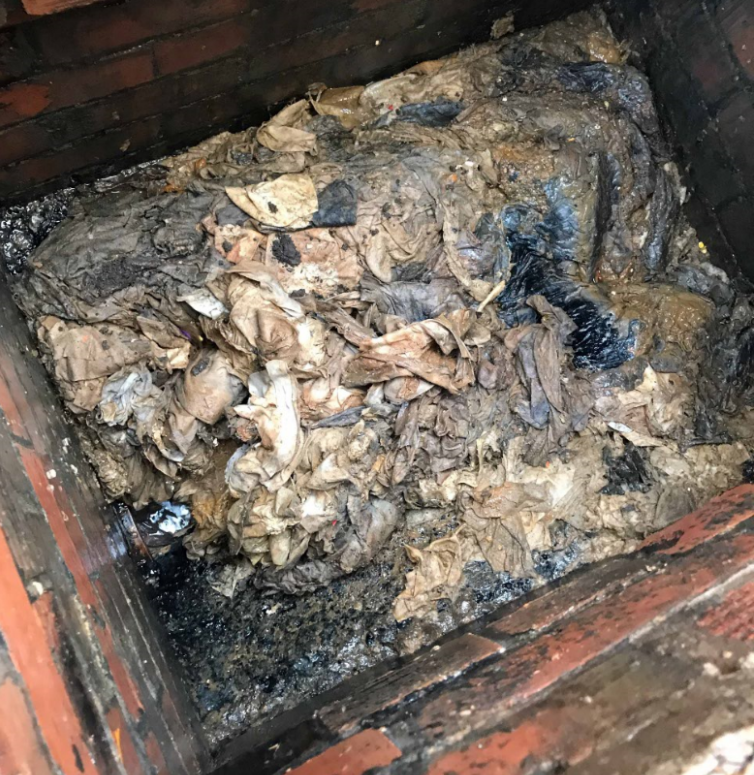Customers in parts of Ferryhill’s DL17 postcode area can expect to receive a letter this week – warning that the war on wet wipes is coming to their neighbourhood.
Northumbrian Water’s Bin The Wipe campaign will move into the town this month, with its crack team of sewer workers looking to help customers to protect their homes and the environment.

The letters will tell people how wipes shouldn’t be flushed down the toilet – even if the label says ‘flushable’, because they block pipes and cause waste to back up, risking sewer flooding in people’s homes. They are being delivered to homes in the parts of the DL17 8 and DL17 0 areas, which has been identified as a hot spot for flushing wipes, based upon analysis of blockages.
The team will then move into the area, monitoring the sewers and tracing wipes back to the homes from which they were flushed, using innovative tools. They will then talk to the customers and further explain the potential consequences of continued poor flushing habits.
In 2020, wipes were found in more than 60% of blockages across Northumbrian Water’s sewer network. The Bin The Wipe campaign is aimed at reducing blockages in sewers and their devastating consequences, by tackling the biggest cause – wipes that are flushed down the loo.
Wipes do not break down the way that toilet roll does, and they can settle or snag in pipes, starting build-ups and blockages. Most wipes also contain plastics, such as polypropylene or polyester.
As the team traces the flushing of wipes, narrowing the behaviour down to streets and even individual properties, Northumbrian Water will continue to encourage people to stop flushing wipes through direct conversations and, where necessary, letters.
Those who continue to flush wipes will be warned of the company’s ability to recharge the cost of clearing blockages, or even, in extreme circumstances, prosecute for offences under the Water Industry Act 1991.
In previous hot spot areas in the Tees Valley, the number of wipes found in the sewer network has fallen by around 50%, without the need to take any recharge or prosecution action. Bin The Wipe teams are also continuing to focus on the DL1 4 and DL3 0 areas of Darlington.
Simon Cyhanko, Northumbrian Water’s Head of Wastewater Networks, said: “People use wipes for so many different things, they’re everywhere. But the worst place they can be is in the sewer network, where they can cause devastating flooding to people’s homes and the environment – it really can be horrific and traumatic.
“Flushed wipes are the biggest cause of blockages in our sewers, meaning all the waste people flush away hits a dead end. The only place for them to go is backwards – and that means people’s homes or out into the environment.
“Even those wipes that come in packages that claim they are ‘flushable’ can cause problems, because they don’t break down like loo roll and can start or contribute to blockages.
“Unfortunately, we know from the number of blockages in this area of Ferryhill and from the wipes we find in them, that this is a problem here, so we want people to understand the consequences and make a really simple change that costs nothing. Please, stop using your toilets as bins. You wouldn’t use your bins as toilets. Please, Bin The Wipe.”
